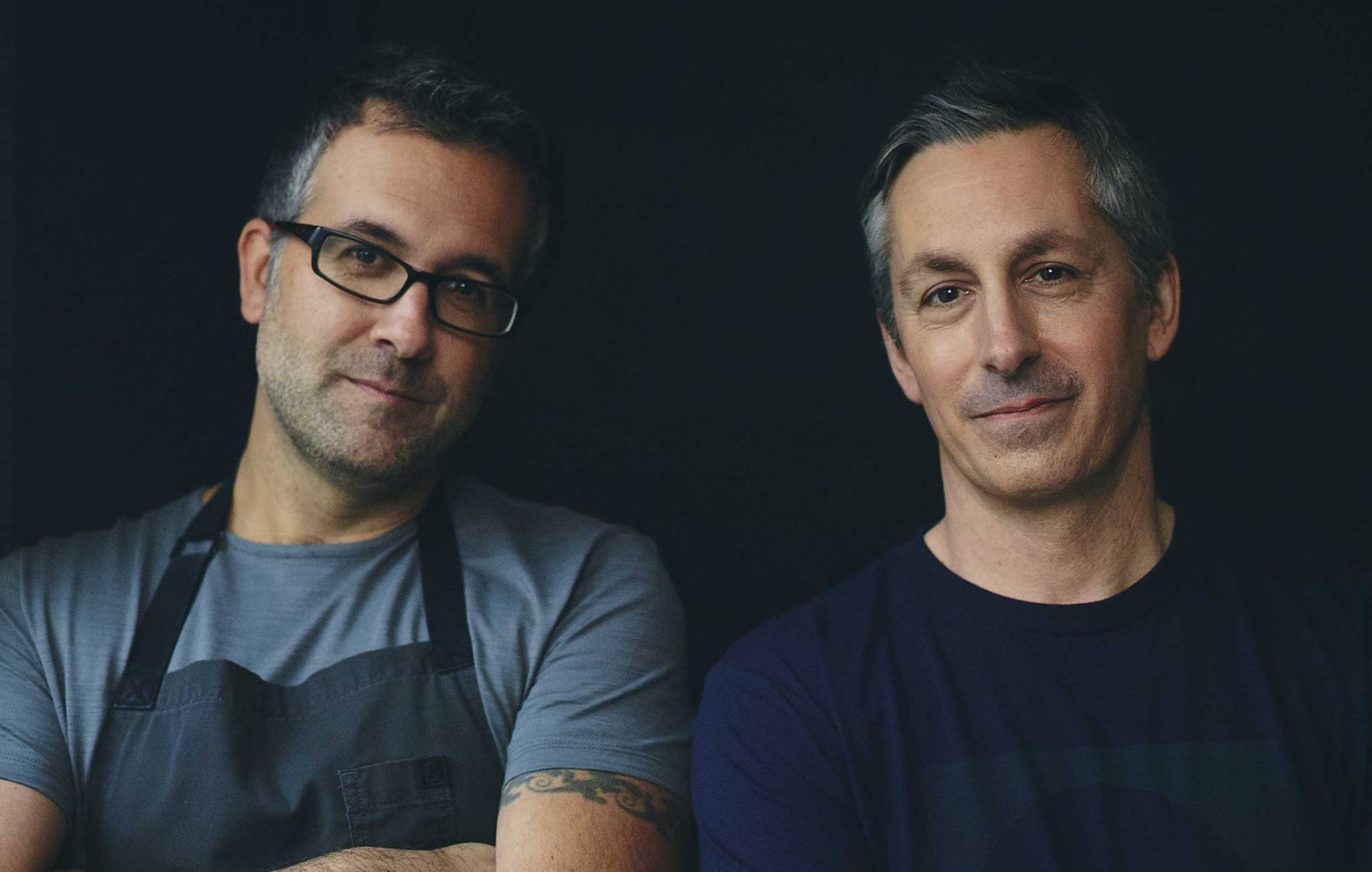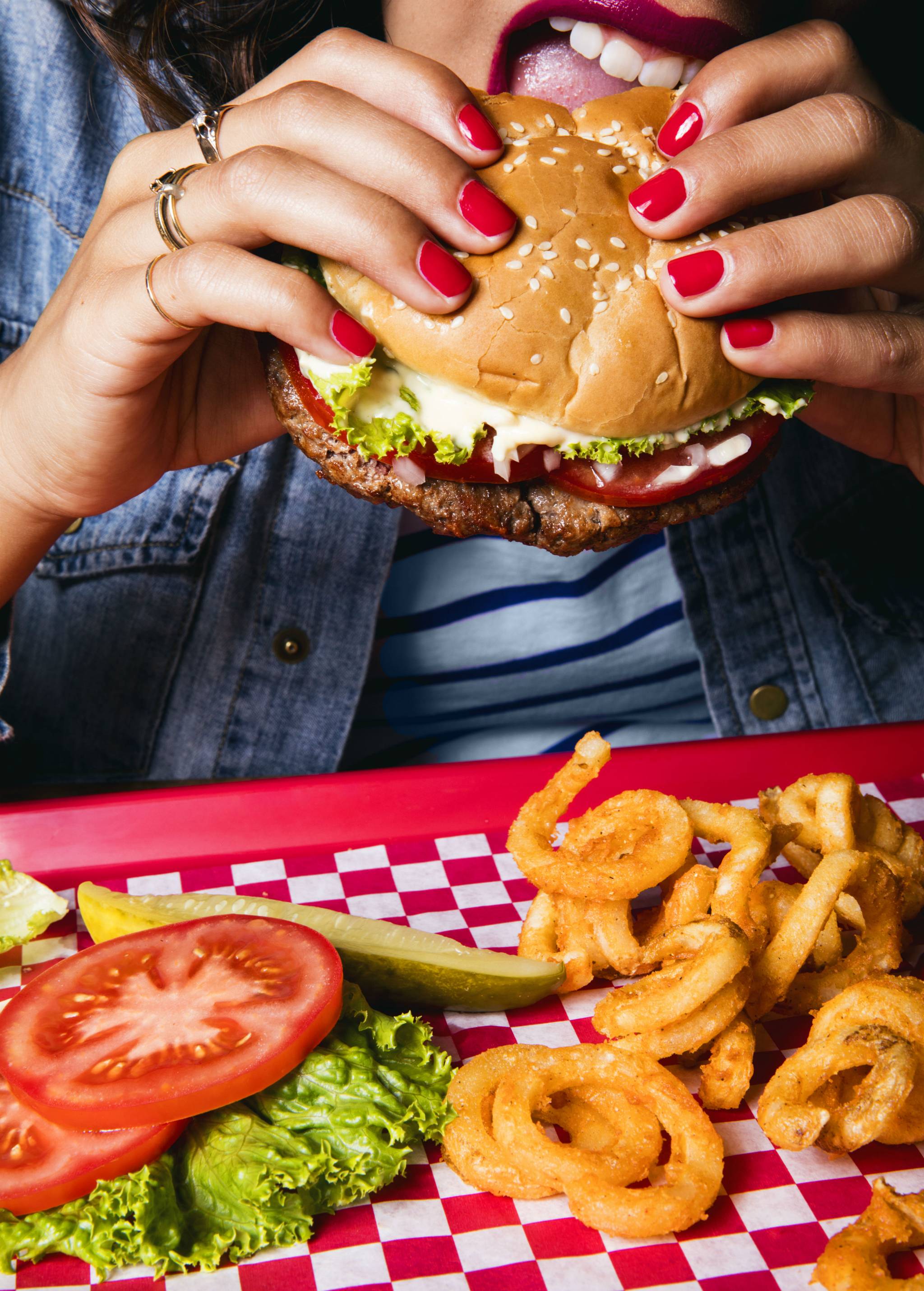
McDonald's has launched vegan-friendly menu items in 1,500 of its German outlets. With meat-eating among Germans on the decrease, and more people dabbling with flexitarianism, expectations are rising for good-quality vegan and vegetarian menu options. We explore the insights behind this and why its catering to peoples changing expectations.
McDonald’s Germany has launched a new line of vegan burgers across 1,500 of its restaurants. Aptly named The Big Vegan, the patties are made from soy and wheat, coloured with beet juice to resemble meat, then topped with coral leaf lettuce, tomato, red onion, and pickles. While it may not be the first of the chain’s vegan offerings, it's the first vegan analogue to The Big Mac. “Although the proportion of vegans in Germany is still relatively small, with the [Big Vegan] we are specifically picking up on the far-reaching trend of occasionally abstaining from animal products,” says McDonald’s Germany spokesperson, Philipp Wachholz.
While in 2017, 34% of the German population ate meat, this has dipped to 28% over the past two years, according to Germany’s Federal Ministry of Food and Agriculture. In addition, a 2016 study by market research agency GfK showed that one-third of Germans identify as flexitarians. With the population of full-time German carnivores decreasing, people expect restaurants to cater to these changing eating habits and often provide meat substitutes that feel like the real deal. Good quality vegetarian and vegan options are now an expectation, not a novelty. Good Catch is disrupting the meat-free space with vegan ‘fish’, while Pret a Manger has launched a range of purely veggie outlets.
Since a study by Waitrose revealed that 38% of veggies have reduced their meat intake after considering environmental impact, the new line appeals to these eco-conscious sentiments. And McDonald’s appears to align with these values. Although studies have also found that people can be put off by the ‘vegan’ brand, McDonald’s has an opportunity to rebrand healthy and sustainable eating for the collective good. Which is exactly what The Planetary Health Diet – published by The Lancet – aimed to do when releasing the ‘ideal diet’ that aims to prevent 11 million deaths and heavily reduce greenhouse emissions.
Sophie Robinson is a Junior Behavioural Analyst at Canvas8. She has a degree in Social Anthropology from the University of Manchester and always tries to deconstruct stereotypes of normality. She loves delving into both the niche and mass of culture and when she’s not watching a short film she’s trying her hand at screenwriting.



